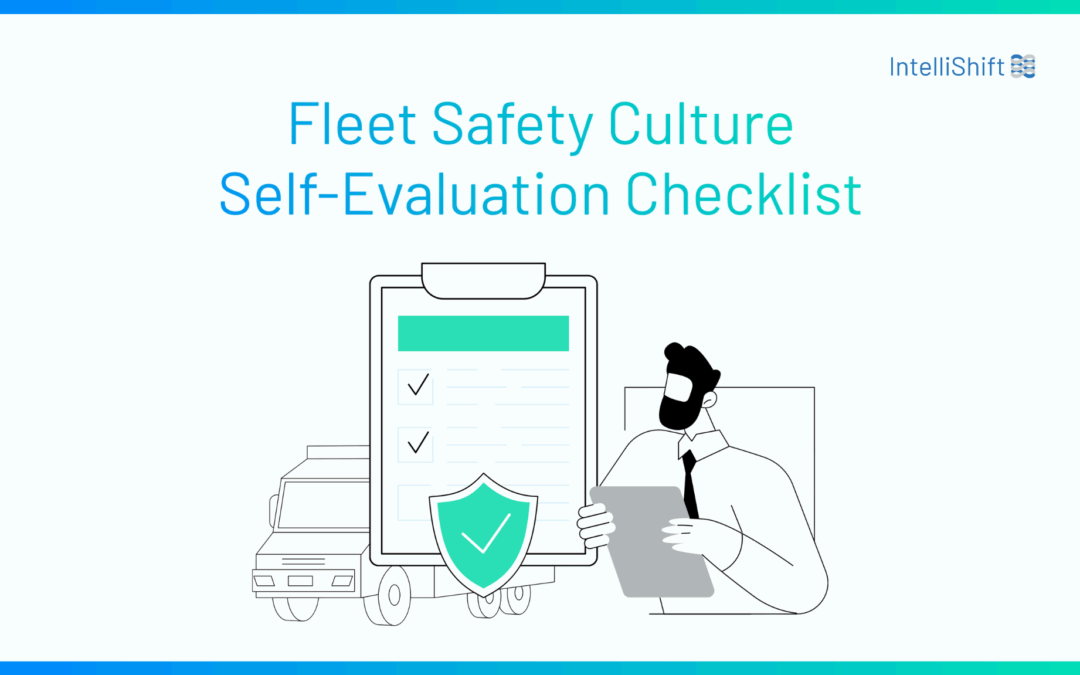Doug Eden, President of IntelliShift, discusses how outdated paper-based processes are pervasive throughout business and the benefits digitization can bring to an organization.
Everyone is focused on digital transformation and rightfully so. Yet many large companies are five steps behind being part of the conversation on digital transformation as they are still using paper for many key functions.
In both my professional and personal lives, I have eliminated paper (and traditional pens). In fact, I have been operating like this for some time. The available technology I use in my work life and on the home front has made this easy. Companies also have similar technology available for use, yet time and time again I find large, successful corporations still rely on paper processes for key functions.
What is more frustrating are the reasons as to why they have not evolved. A few common responses:
- “Paper works better for us.”
- “That is the way it has always been done.”
- “Our employees like paper better for this process.”
- “Our leadership does not think it is important enough.”
This line of thinking confounds me since the technology exists, and digitization is a cost-effective way to streamline many processes. Without even discussing environmental concerns, these companies are wasting incredible amounts of money. More importantly, they are turning their back on digital transformation’s most significant output and a critical currency: information.
One example comes from my professional life. IntelliShift is a cloud-based technology company that helps large businesses monetize the vehicle, assets and people that drive revenue. IntelliShift’s Inspect helps organizations stay in compliance with a variety of inspection–related functions (vehicle, job site, equipment, field process, etc.).
“Technology can provide real fiscal and efficiency returns, eliminate environmental waste and improve accountability.”
In about 90% of the cases we encounter, the inspection process is still paper-based. Companies purchase an expensive book of paper inspection forms and require employees to complete and then file them to ensure adequate record keeping. In addition to the expense of the paper-based forms, the companies are missing out on vital information they can gain from pre– and post–use inspections like the vehicle’s health, which is important to keep more vehicles on the road while drastically driving down maintenance costs.
The good news is that clients who deploy technology to improve their business processes continuously are truly seeing the merits of converting to these types of solutions.



![Episode 50 Thumbnail Erin celebrates building the fleet community with 50 episodes and 11K followers on LinkedIn [Podcast]](https://intellishift.com/wp-content/uploads/2020/06/Stack-Of-paper-scaled-1.jpg)



